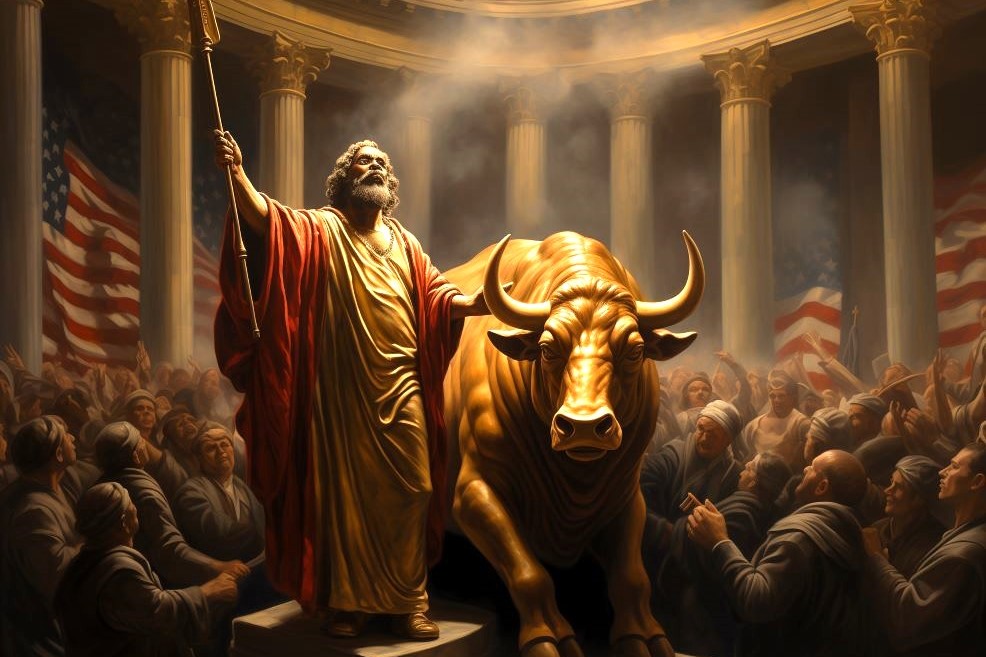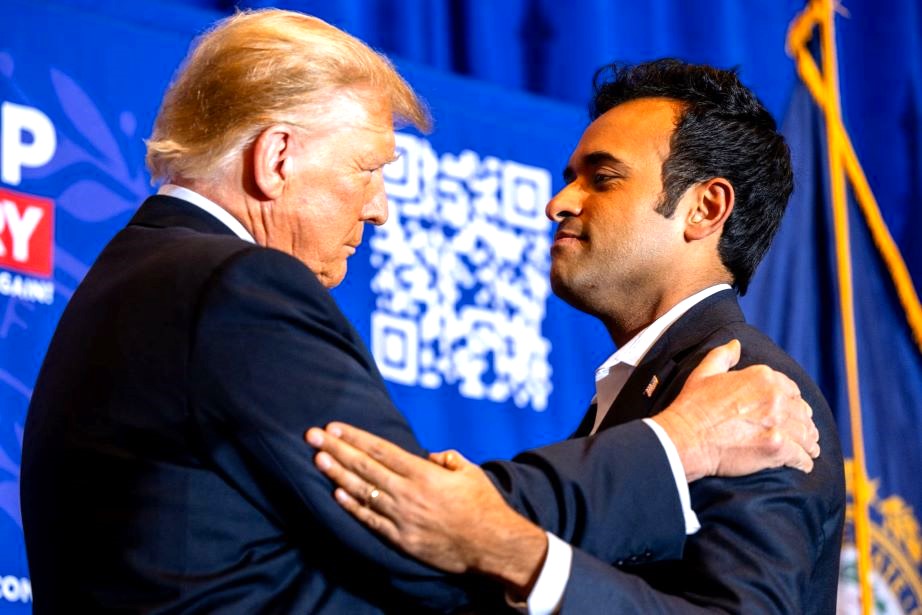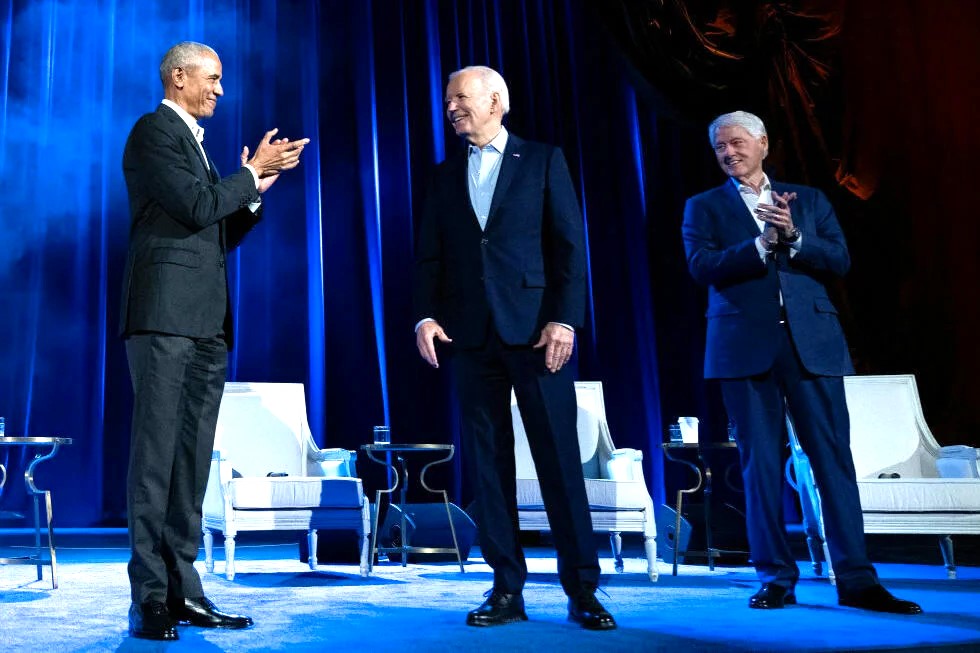
I was a late arrival to the professional investment world, getting my start at the ripe old age of 41 at a firm called Iridian Asset Management, founded by David Cohen and Harold Levy. I didn’t have much interaction with Harold, but I learned a lot from David (both the easy way and the hard way!) about the business of investing. David was as big of a Godfather fan as I was, maybe bigger, and he really opened my eyes to the similarities between that world and this new world I found myself thrown into. Honestly, there’s nothing that Hyman Roth and Michael Corleone say about the social dynamics of organized crime that you couldn’t say about the social dynamics of Wall Street.
This is the business we have chosen.
So many of David’s real-life stories – and they were real-life stories – could have been scenes in a mob movie, just without the guns and the threat of (immediate) violence. One that stuck with me was about an investor in a deal that went sideways. After going on and on about the details of the deal and why he felt so aggrieved, the guy took a long pause and finally said, “Look, David, what you need to understand is that it’s not about the money. IT’S. ABOUT. THE. MONEY.”
Haha! This is it, friends. This is the essential truth of the world-as-it-is, certainly the business world-as-it-is, whenever money is involved in even the most minor respect.
IT’S. ABOUT. THE. MONEY.
That’s it. That’s the line. It’s always about The Money.
I say that it’s the essential truth of the business world-as-it-is, because I think there are other essential truths in the personal world-as-it-is, essential truths like love and empathy and friendship. I think these other essential truths are more powerful than The Money, and I think they can last for a lifetime. But if these other essential truths fade in a relationship for whatever reason … well, I think you’ll find that The Money was there all along in those personal relationships, too. Even if you don’t see it or notice it, even if it’s submerged beneath other, better essential truths, The Money is always there.
And if it’s not a personal relationship imbued with love and empathy and friendship, if it is any sort of instrumental relationship like working for someone or investing with someone, then I’d like to suggest to you that The Money is at the heart of that relationship and that The Money will explain 99% of everyone’s behaviors.
I’d also like to suggest that you should be wary of people who hide or obfuscate or otherwise diminish the importance of The Money in their instrumental, non-personal relationships, people who claim that their instrumental behaviors are not ABOUT THE MONEY. In my experience, these people are almost always what we call raccoons in Epsilon-speak … highly charismatic, grifting liars who can’t help themselves but to help themselves to your money or your vote or your labor.
For example, when Donald Trump and Vivek Ramaswamy say that they have changed their minds about policy intervention on TikTok, I don’t think it’s because they have suddenly discovered “real concerns” about “the free speech implications” of TikTok legislation recently passed in the Republican-controlled House. I think it’s because that legislation would potentially cost Susquehanna founder and major TikTok investor Jeff Yass billions of dollars, and Jeff Yass is the most important and active Republican donor in the country. I think it’s because Trump personally stands to make billions of dollars from Jeff Yass’s involvement in the Truth Social acquisition (Susquehanna is the Wall Street sponsor and largest investor in Digital World Acquisition Corp, the SPAC that took Truth Social public as Trump Media & Technology Group, which closed yesterday with a $5 billion market cap). I think it’s because Jeff Yass is the richest man in Pennsylvania, and Trump can coast to the White House if he takes the state with his support. As for Vivek, who was for anti-TikTok legislation before Trump and more fiercely than Trump, I think it’s because Jeff Yass gave more than $5 million to PACs and superPACs that Vivek controls, and that Vivek sees Jeff Yass as his sponsor for the next 30 years.
IT’S. ABOUT. THE. MONEY.
Gah. And of course this isn’t just a Republican thing and it isn’t just a today thing. Politics has always been ABOUT THE MONEY. But what’s different today is the scale. What’s different today is the brazenness. I mean, I’m old enough to remember when Hillary Clinton had to make up crazy stories about trading cattle futures to cover a $100,000 pay-off from Tyson Foods back in the Little Rock days. So quaint! Today Barack Obama gets a $65 million advance on a memoir and no one raises an eyebrow. Today Barack Obama gets a $100+ million “development deal” from Reid Hoffman and everyone cheers. Today Donald Trump gets a $3 billion dollar stake in the DJT memestock/shitcoin that Susquehanna is promoting and everyone goes yep, that happened. Three billion dollars! To the former and (maybe) next President of the United States! A few months before the election! As the kids would say, let that sink in.
They’re not even pretending anymore.
Or rather, they are still pretending, like when Trump flipflops on TikTok because “concerns” or when Obama starts talking about “folks”, but the pretense is so nakedly false and people like Trump and Obama are so obviously and profoundly ABOUT THE MONEY that only the believers fail to get the joke.












Great post. As far as Saylor’s followers go, its about the money for them too. I don’t think they are disciples as much as they all think they are giving him a wink and a nod to go find other disciples. None of them are the actual sucker at the table, in their eyes (which means, of course, they all are).
I seem to remember a very similar BBY story that you, or someone here, wrote not so long ago. There are more Saylors than not and more Obamas, Trumps, Trudeaus, and the list is just too long. In the good old days at least there would have been a reconciling through an old fashioned bloodletting that would retool the playing field and the players. Maybe your tsunami will be ours. One can hope.
Great read, thanks.
What is money? Really? It’s a religion. Maybe a beneficial and even necessary one, but a religion nevertheless. (And BTW the supernatural is not required for a religion, as Confucianism, liberalism, conservatism, patriotism, etc. demonstrate.)
It always requires faith to function. Not just faith in money in general, but faith in a particular kind of money, from gold to fiat dollars to anything in between.
You can see how controlling this religion (or even being an early convert) will translate into a lot of wealth/power. So the chances that a high priest (whether affiliated with a state or not) is only motivated by societal good, well, are not high.
Hi Karl,
Yes, I think you are mostly correct. I can see a difference though. The supply of religion and the monetary supply each have intrinsic characteristics.
Religious faith is difficult to use for trade, because it is inseparable from the person.
It would be comforting to think that money belief cannot be forced upon a person, in the way that religions aren’t so much anymore, but societies make demands that faith in God doesn’t.
I don’t understand why this logically follows from a “stagflationary tsunami”. I naively would think that loading up on “real” assets (real estate? utilities? commodities?) would be the smart thing to do.
Can someone ELIFI (explain like I’m financially illiterate)?
Liquid in the global reserve currency provides the most options, not necessarily the highest return. Investors are trained on the back test. But, the returns ahead probably aren’t part of the correlations in the model.
Indeed. When the IRS passes their collection plate they’ll expect you to believe in nothing but the accepted faith.
What a fantastic note, @bhunt
I couldn’t help but relate this note to one of the historically observable truisms that Dalio points out in his latest book - Why Nations Succeed and Fail - about the symbiotic relationship between Money and Power. Not that Dalio was the first to observe this phenomenon — Power Corrupts & Absolute Power Corrupts Absolutely and all that… But it does seem Dalio correctly points out that we’ve reached an absurd level of such in the current cycle here in the United States to the point where its effects are shifting from a normal and manageable part of life to exerting a detrimental effect on our economy, markets, society and political environment. I’m about what lies ahead for us.
No human being has ever wielded absolute power.
Much that those imaginings may please, it is vanity.
Though industrial and financial technology is vast power amongst mortals, we are not gods. Time is thane of all. It has even corroded Lord Acton’s quote. “Power tends to corrupt…”. His public writings were probably biased by his membership of La Casta.
William the Conqueror was stripped naked by his “followers” as they stole his clothes, and left for dead on the forest floor, when the old man fell from his horse.
Lack of power and the greed for, corrupts the hearts.
Fiat money has a power to distort a nation’s subjective time preferences, their choices between consumption or saving and the ability to be self-made (a non-posthumous honour). It does not have power over objective time itself.
Yes, I think money is somewhat different from traditional religion, in that the faith has a smaller footprint, and the analysis has a larger one, for money.
Also, there’s the monotheism vs. polytheism issue. We the West have been monotheistic for so long that we tend to forget polytheism is pretty prevalent around the world. For money, we went strongly monotheistic when Britain instituted the international gold standard (mid-19th century,) but both before and after that polytheism did and probably will have a lot of power to assert itself.